Editor’s Note: This profile is part of a series taking a closer look at US presidents ahead of the 2024 presidential election between Donald Trump and Kamala Harris.
John F Kennedy, the 35th President of the United States, was a young, charismatic leader whose brief presidency is remembered for its promise of renewal and optimism, as well as for the intense Cold War confrontations that marked the early 1960s.
Kennedy, often known by his initials JFK, was the first Catholic and one of the youngest men ever elected to the US presidency. Despite his tragically short time in office, he left an indelible impact on the nation with his vision for space exploration, civil rights, and diplomacy.
His assassination in 1963 shocked the world and solidified his place as an iconic figure in American history.
Rise of the Kennedy empire
John Fitzgerald Kennedy was born on May 29, 1917, in Brookline, Massachusetts, into the influential Kennedy family. His father, Joseph P Kennedy Sr, was a wealthy businessman and politician, and his mother, Rose Kennedy, raised nine children.
Educated at prestigious institutions, JFK attended Harvard University, where he graduated in 1940 with a degree in international affairs.
During World War II, Kennedy served as a naval officer, commanding a patrol torpedo boat (PT-109) in the South Pacific. After his boat was sunk by a Japanese destroyer, Kennedy led his crew to safety, earning a reputation for courage and leadership. His wartime experiences would later help shape his political image as a hero and patriot.
Kennedy entered politics in 1946 when he was elected to the US House of Representatives from Massachusetts. After serving three terms in the House, he was elected to the US Senate in 1952.
Despite health issues — including chronic back pain and Addison’s disease — Kennedy’s youth, good looks, and personal charisma made him a rising star in the Democratic Party.
In 1953, he married Jacqueline Bouvier, a union that would become one of the most famous political partnerships in American history.
A “New Frontier”
In 1960, Kennedy ran for US president, defeating US Vice President Richard Nixon in one of the closest elections in American history.
The 1960 campaign was notable for the first-ever televised presidential debates, during which Kennedy’s poise and confidence contrasted sharply with Nixon’s more sombre appearance. These debates helped Kennedy connect with a broad television audience and reinforced his image as a youthful, energetic leader.
Kennedy’s campaign promised a “New Frontier,” a set of bold initiatives aimed at addressing domestic challenges, including poverty, education, and civil rights, while also strengthening America’s position in the Cold War.
His inauguration speech on January 20, 1961, is remembered for its stirring call to action: “Ask not what your country can do for you — ask what you can do for your country.”
JFK’s agenda
Kennedy’s domestic agenda, though ambitious, faced significant resistance from the US Congress.
His efforts to improve education, health care, and housing met with limited success, but he made some strides in economic policy, including increasing the minimum wage and supporting the expansion of Social Security. His administration also took steps to boost the US economy, including a tax cut plan that would not be implemented until after his death.
On civil rights, Kennedy was initially cautious, avoiding strong public stands that could alienate Southern Democrats. However, as the civil rights movement gained momentum and violent confrontations in the South became more prominent, Kennedy took a firmer stance.
In June 1963, he delivered a landmark speech calling for the end of racial segregation and the passage of civil rights legislation. His administration also took decisive action by sending federal troops to protect African American students integrating Southern schools, most notably during the University of Mississippi crisis in 1962.
Kennedy’s commitment to civil rights laid the groundwork for the Civil Rights Act of 1964, which was passed after his death under President Lyndon B Johnson.
JFK & the Cold War
The defining feature of Kennedy’s presidency was his handling of Cold War crises, which threatened global stability. One of his first major challenges came in April 1961 with the failed Bay of Pigs invasion, a botched attempt by US-backed Cuban exiles to overthrow Fidel Castro’s communist regime. The operation’s failure embarrassed the young administration, but Kennedy publicly took responsibility for the disaster, bolstering his leadership credentials.
In October 1962, Kennedy faced the most dangerous moment of the Cold War: the Cuban Missile Crisis. After US reconnaissance planes discovered Soviet missile installations in Cuba, Kennedy imposed a naval blockade around the island and demanded the removal of the missiles.
For 13 tense days, the world teetered on the brink of nuclear war. Ultimately, the Soviet Union agreed to remove the missiles in exchange for the US pledge not to invade Cuba and the secret removal of US missiles from Turkey. Kennedy’s firm but measured response to the crisis earned him widespread praise for averting a nuclear catastrophe.
Kennedy also played a key role in improving US-Soviet relations after the crisis. He pushed for a nuclear test ban treaty, which culminated in the signing of the Partial Nuclear Test Ban Treaty in 1963, a significant step toward arms control during the Cold War.
In Southeast Asia, Kennedy increased US military and economic assistance to South Vietnam, laying the groundwork for deeper American involvement in the Vietnam War. While he resisted deploying large numbers of combat troops, his administration’s commitment to containing communism in the region would have lasting consequences for future US foreign policy.
Aiming for the Moon
One of Kennedy’s most enduring legacies was his commitment to space exploration. In May 1961, he challenged the nation to land a man on the Moon before the end of the decade.
This bold vision galvanised the American space programme and led to the Apollo missions, which eventually culminated in the successful moon landing in 1969, six years after Kennedy’s death.
His speech at Rice University in 1962, where he declared, “We choose to go to the Moon,” remains one of the most memorable moments of his presidency.
The most controversial high-profile assassination in US history
On November 22, 1963, while riding in a motorcade through Dallas, Texas, Kennedy was assassinated by a sniper’s bullet. His sudden death shocked the nation and the world.
The alleged assassin, Lee Harvey Oswald, was captured but was himself killed before he could stand trial. The Warren Commission, tasked with investigating the assassination, concluded that Oswald acted alone, though conspiracy theories persist to this day.
Kennedy’s death marked a profound moment of national sorrow. His funeral, attended by world leaders and watched by millions, became a symbol of the end of an era.
Jacqueline Kennedy’s dignity and grace in the aftermath of the tragedy further cemented the Kennedy family’s status as American icons.
The JFK legacy
John F Kennedy’s presidency, though cut short, remains a symbol of hope, inspiration, and ambition. His vision for a “New Frontier,” his leadership during the Cuban Missile Crisis, and his commitment to space exploration continue to resonate with Americans.
JFK came from a prominent political family, with many of his relatives playing significant roles in American public life. His younger brother, Robert F Kennedy, served as US Attorney General during JFK’s presidency and was a key advisor, especially on civil rights and national security issues.
Robert later ran for president in 1968 but was assassinated during his campaign. Another brother, Edward “Ted” Kennedy, became a long-serving US Senator from Massachusetts, known for his work on healthcare and civil rights legislation.
JFK’s children also remained in the public eye; his son John F Kennedy Jr became a lawyer, journalist, and magazine publisher before his untimely death in a plane crash in 1999. His daughter, Caroline Kennedy, has served as a US Ambassador.
Robert Francis Kennedy Jr, a nephew of JFK attempted to run as an independent candidate in the 2024 US presidential race but eventually dropped out in August 2024.
With inputs from agencies


)
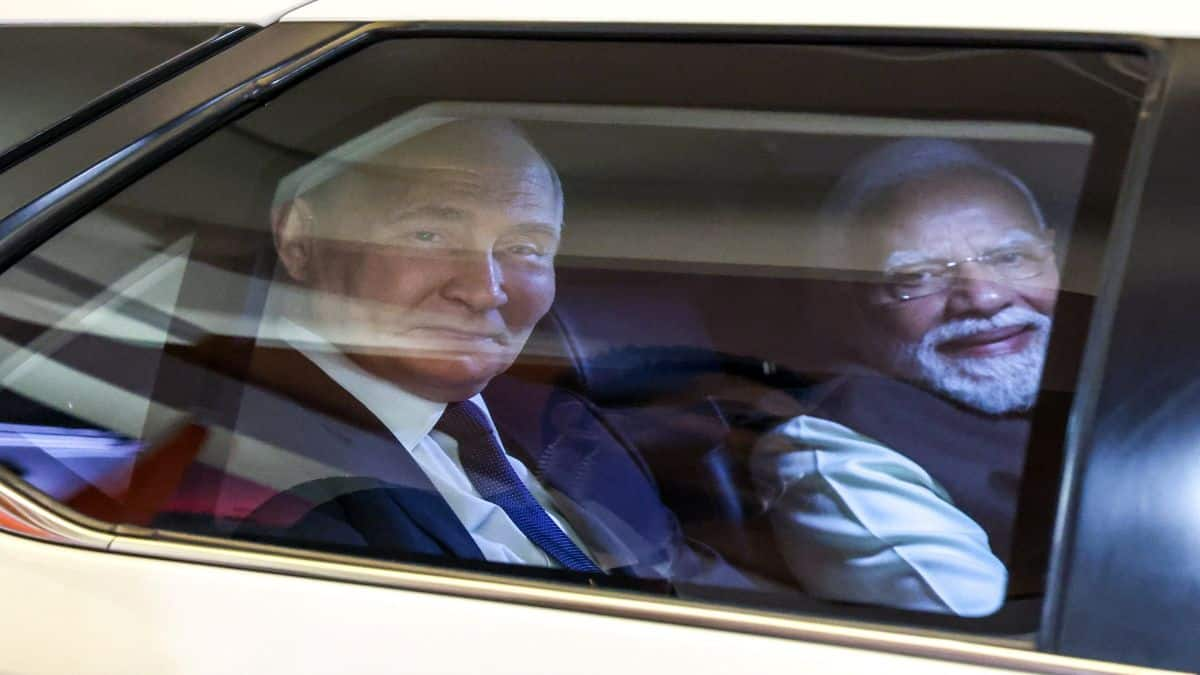
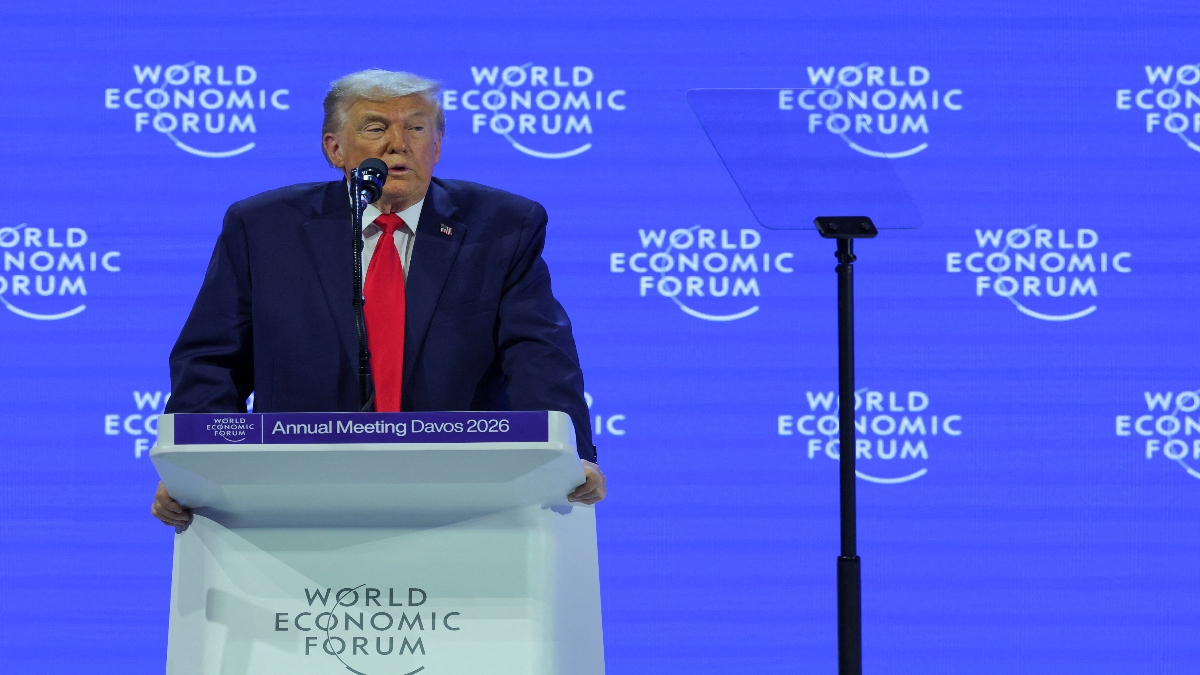)
)
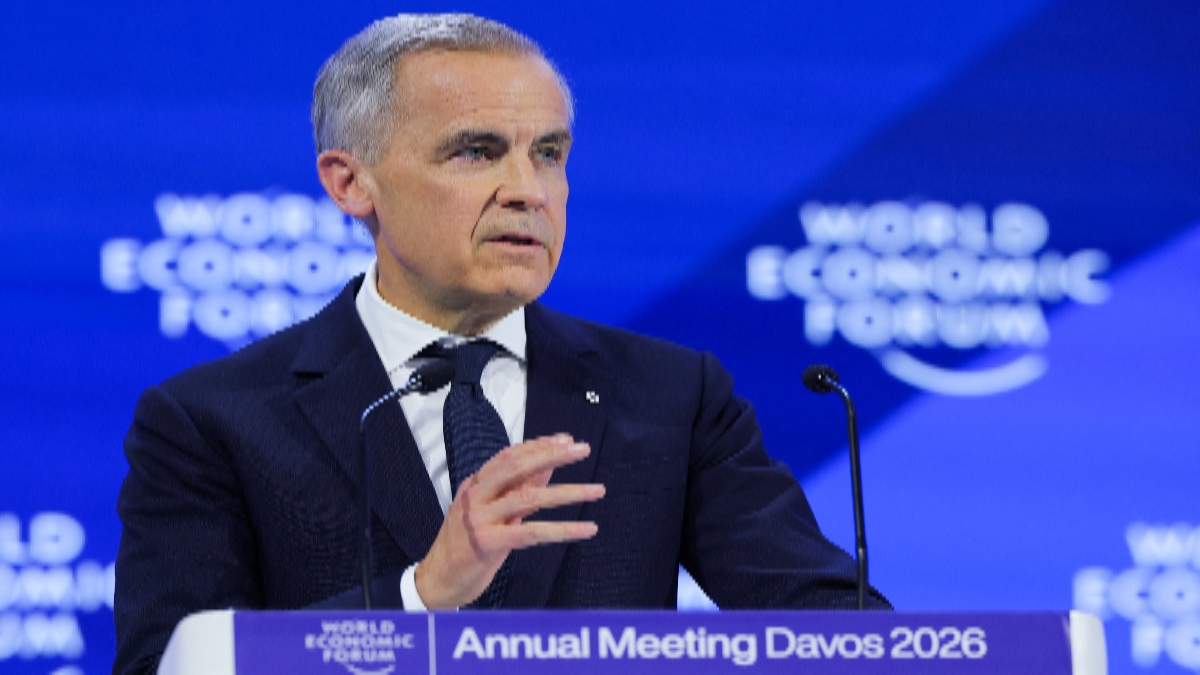)
)
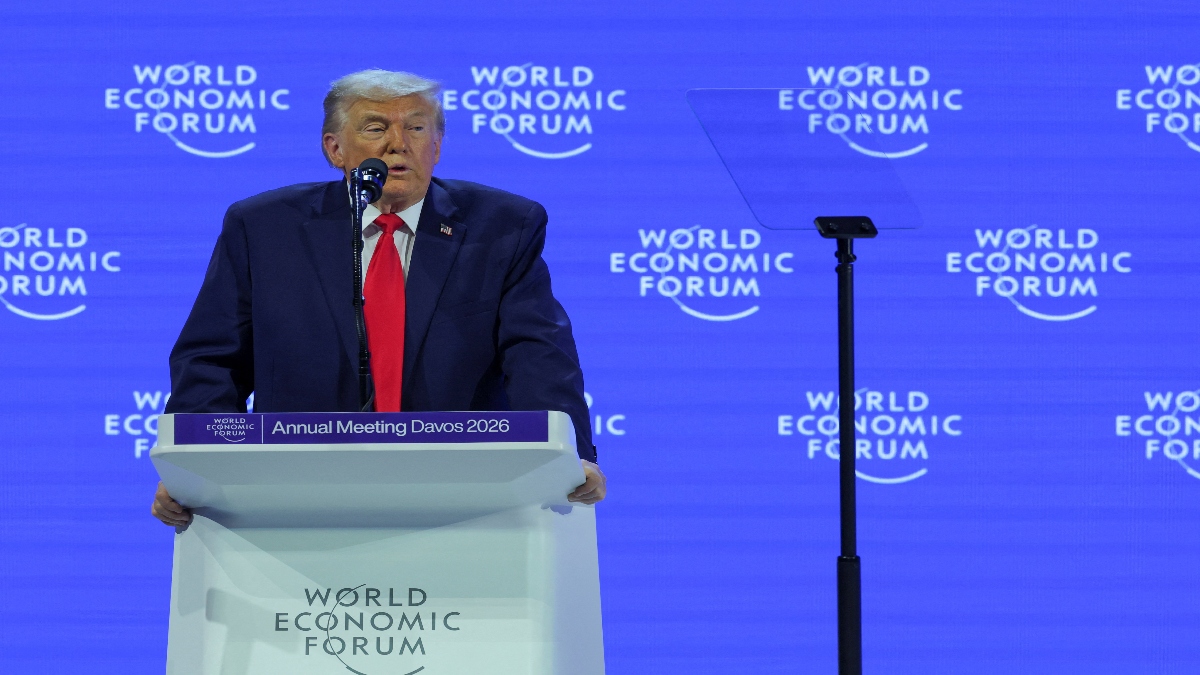)
)
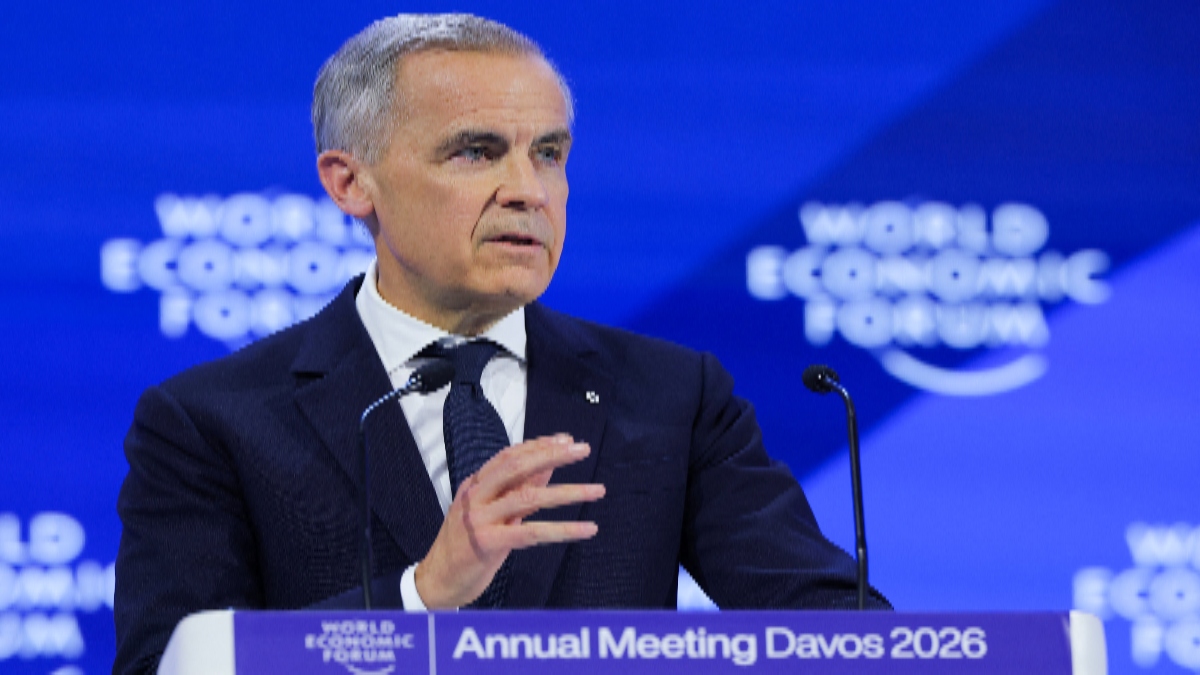)
)



